Explainer: What’s the China-Solomon Islands pact and why does it matter?
It’s the deal that some analysts warn could put a Chinese military base on Australia’s doorstep which could isolate us from the rest of the world.
“The worst foreign policy blunder since the end of WWII,” said Penny Wong, Labor’s foreign affairs spokesperson.
“Deeply disturbing,” said Julie Bishop, former Liberal Foreign Affairs Minister.
The Morrison government is being roundly criticised for not doing more to stop the Solomon Islands from signing its new agreement with China.
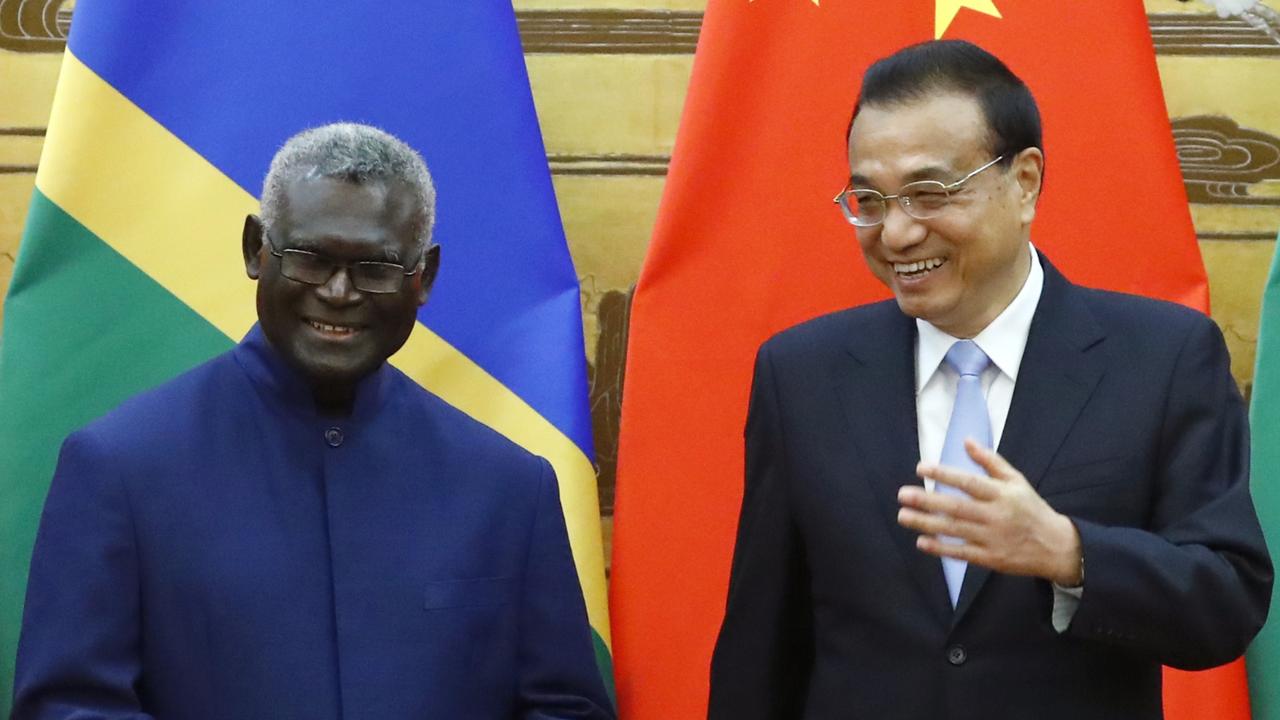
It’s the deal that some analysts warn could put a Chinese military base on Australia’s doorstep which could, in turn, be used to choke Australian supply and isolate it from the rest of the world.
What is in the new agreement? How did this happen? And how does it impact everyday Australians?
Solomon Islands
The Solomon Islands is an archipelago of six main islands located just 1,500km to the northeast of Australia, about the same distance away as New Zealand. It is one of six countries with which Australia shares a maritime border.
It has a population of 686,878 according to a 2020 count and its GDP per capita was 2258.40 USD in 2020, according to the World Bank.
The deal
The deal has not been made public and was announced unceremoniously.
The first confirmation came from Chinese foreign ministry spokesperson Wang Wenbin on Tuesday.
“China-Solomon Islands security co-operation follows the principle of equality and mutual benefit,” he told reporters.
“The two sides will conduct co-operation in such areas as maintenance of social order, protection of the safety of people’s lives and property, humanitarian assistance and natural disaster response.”
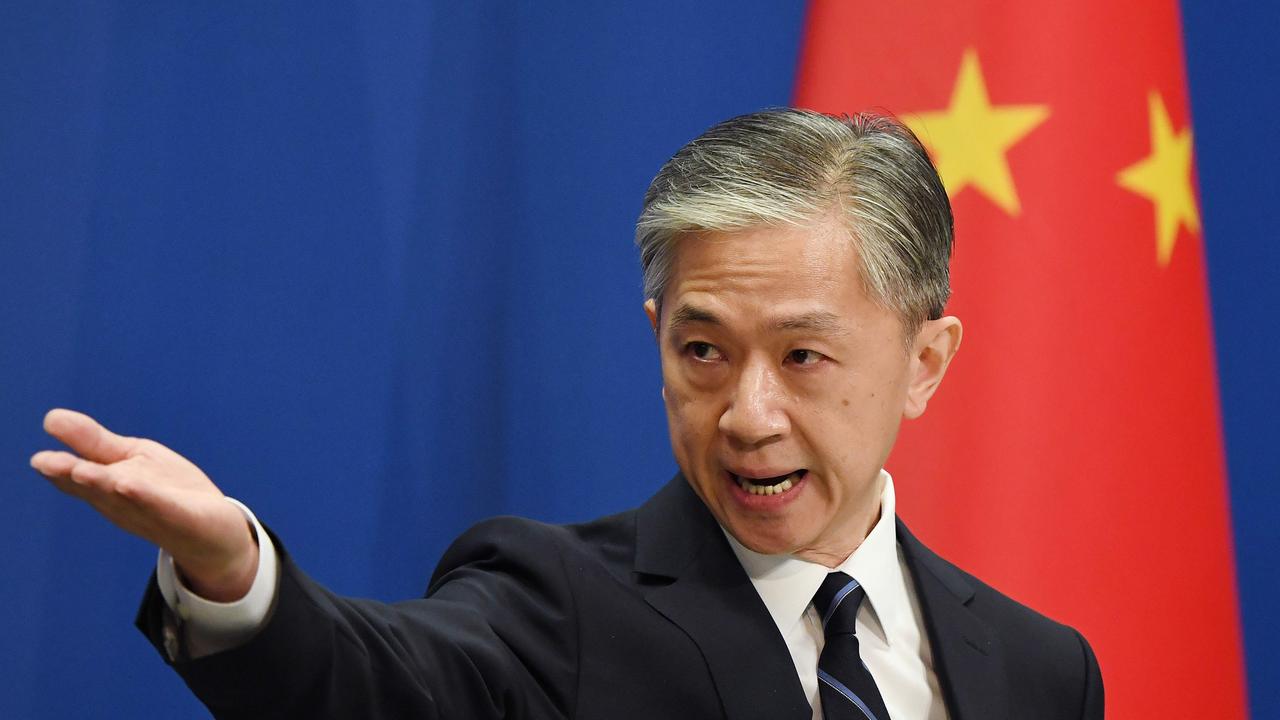
The Solomon Islands’ Prime Minister Manasseh Sogavare confirmed this to parliament the following morning. He said the deal would allow the Solomon Islands to “beef up and strengthen” police and security after rioters last year tried to storm the parliament, set buildings on fire, and three civilians died.
The specific contents of the deal are unknown.
However, it comes weeks after a draft agreement was leaked and made public. Earlier on Thursday, former Prime Minister Danny Philip said that the final agreement “is very close to the draft version,” in a panel discussion hosted by Georgetown University.
The draft agreement envisioned closer security co-operation between the two countries, allowing the Solomon Islands to request assistance from China which could include “armed police, military personnel and other law enforcement and armed forces” to maintain social order, protect lives and property, provide humanitarian assistance, disaster response, or any other tasks agreed to.
The part of the deal that has rocked Australia and its allies is what follows. It gives broad ambit for China to send forces to the Solomon Islands to protect China’s own personnel and major projects.
Mihai Sora, a research fellow at the Lowy Institute who previously served as an Australian diplomat to the Solomon Islands, said the lack of transparency and vague terms were concerning.
“It leaves room for military installations and the deployment of Chinese personnel in defence of Chinese interests.”
The backstory
The announcement of the pact was preceded by trickles of information.
It is widely known that the Chinese government has ambitions in the South China Sea and the Pacific. Its controversial nine-dash line showed the extent of its territorial ambitions over small islands dotted to its south, into the maritime territory of countries such as the Philippines, Vietnam, and Malaysia. The Chinese military has since artificially expanded islands to build military bases with runways.
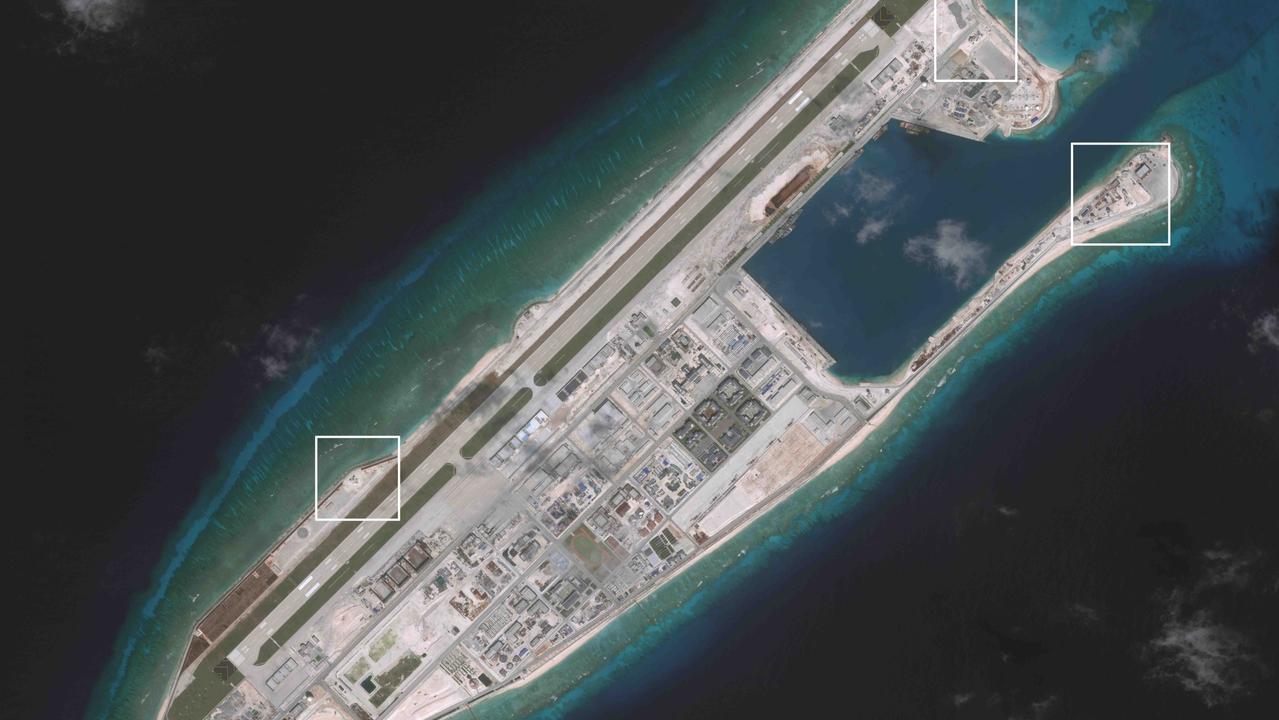
It allows the Chinese military to project its military power and secures vital shipping routes in the event of war.
The government has also been selectively pouring foreign aid and financing into the region to curry favour.
This saw fruition at the end of 2019 when the Solomon Islands and Kiribati switched diplomatic recognition from Taiwan to the People’s Republic of China. This was a significant move – it signalled that the Solomon Islands was happy to flirt with the idea of being closer with China.
This set off a rupture in Solomon politics. Many politicians are individually financed with “slush funds” from either China or Taiwan. China recently stepped up this effort: The Australian reported in 2021 that these slush funds were used to lock in support for the diplomatic switch.
“I knew if I moved [to the opposition] I wasn’t going to get [the funding]. But for me it wasn’t about the money anymore, it was about the principle,” said Solomon Islands MP Silas Tausinga at the time.
This is what ostensibly drove the Honiara riots in 2021. Rioters rallied against Prime Minister Sogavare for facilitating the change in diplomatic recognition and targeted buildings and shops in Chinatown.
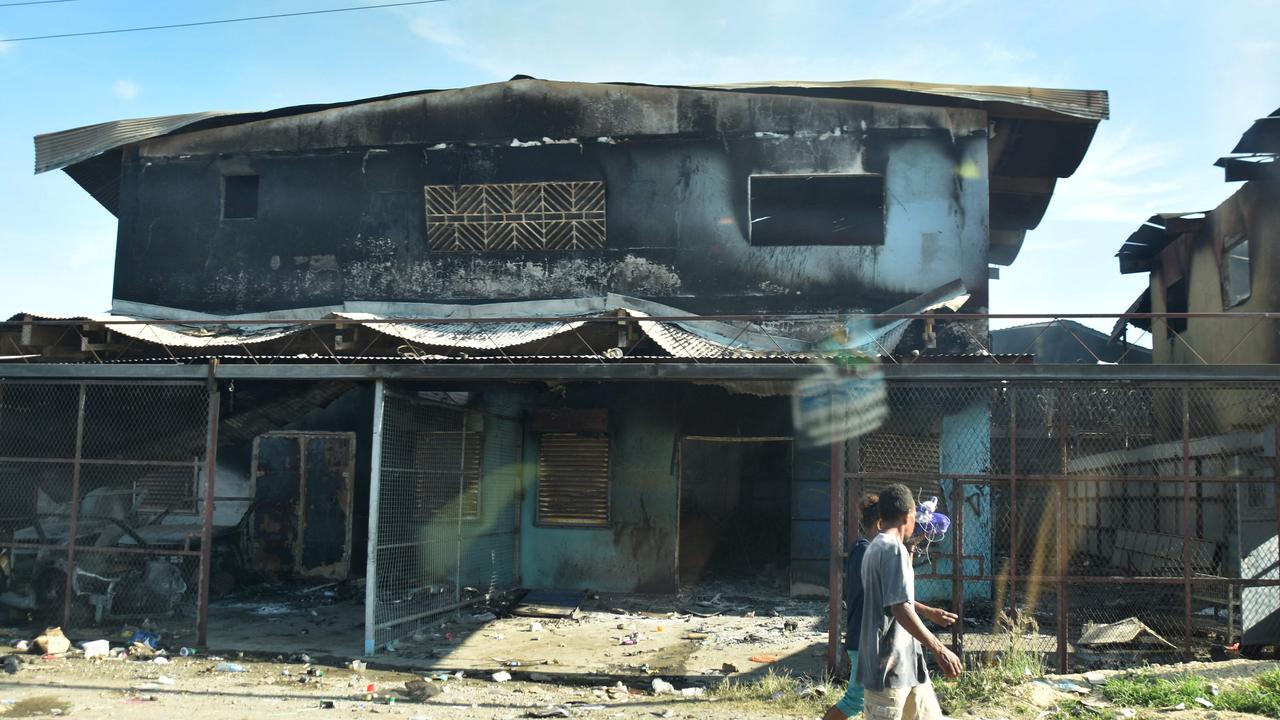
Australia was the first country the Solomon Islands asked for aid to quell the riots. Australia sent 116 personnel at the time. The Australian government is also the largest contributor of aid to the Solomon Islands, according to the Lowy Institute‘s Pacific Aid Map.
Given this close relationship, it is understandable that the Australian foreign policy establishment reacted with surprise when the draft agreement between China and the Solomon Islands was leaked last month. The government dispatched Zed Seselja, Minister for International Development and the Pacific, to Honiara to ask the government not to sign the deal. Prime Minister Scott Morrison defended this choice not to send the more senior Foreign Affairs Minister Marise Payne.
“The judgment was made not to engage at a Foreign Minister level … to ensure that Australia’s views were communicated very clearly and very respectfully,” he told a press conference on Wednesday.
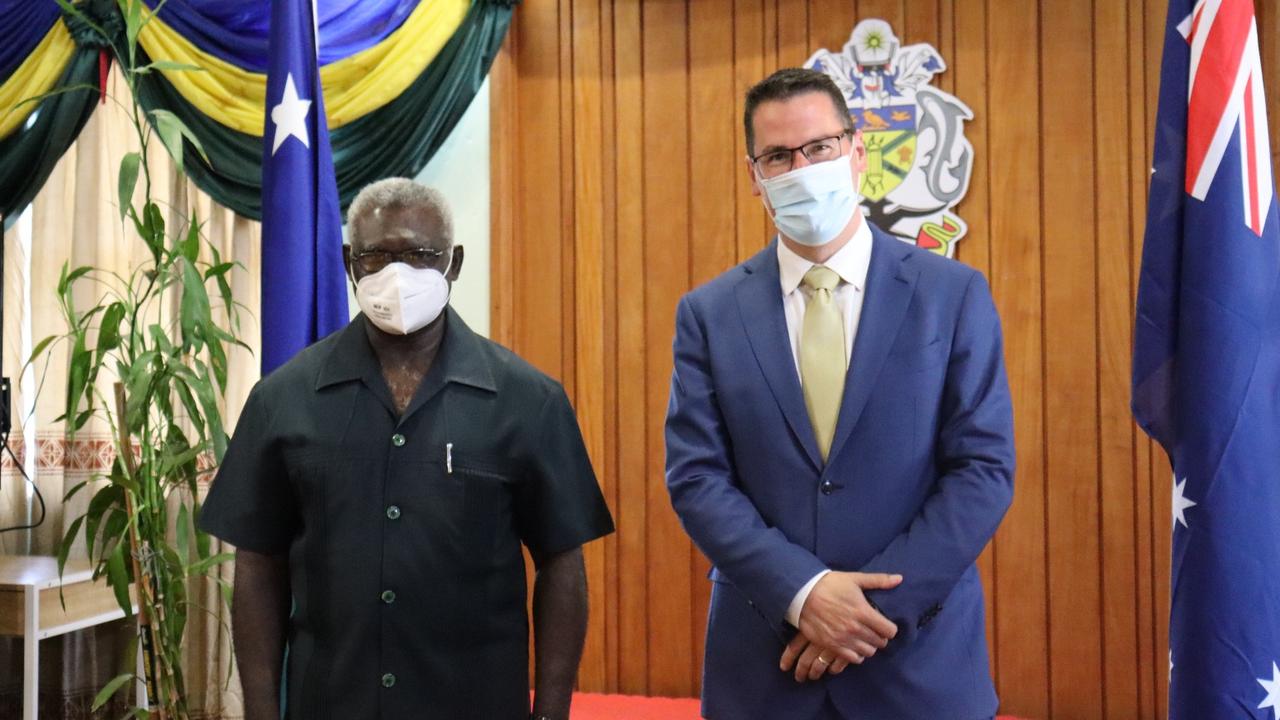
Both Australia and the US have been caught flat-footed by the situation. The White House announced on Monday that a high-level delegation is travelling to the Solomon Islands to meet with senior government officials. Minister Payne and Seselja released a joint statement saying they are “deeply disappointed by the signing of a security co-operation agreement between Solomon Islands and China”.
China and Australia are the Solomon Islands’ two biggest trading partners. Until now, the archipelago has seen Australia and China in different ways, says the Lowy Institute’s Mihai Sora.
Australia “has historically been there to respond to security emergencies, disaster emergencies, and contributes to health and education. But it doesn’t really run the full breadth of what a partnership really looks like, where you have this economic relationship and a much freer flow of people from one place to another,” he said.
“We keep them at arm’s length.”
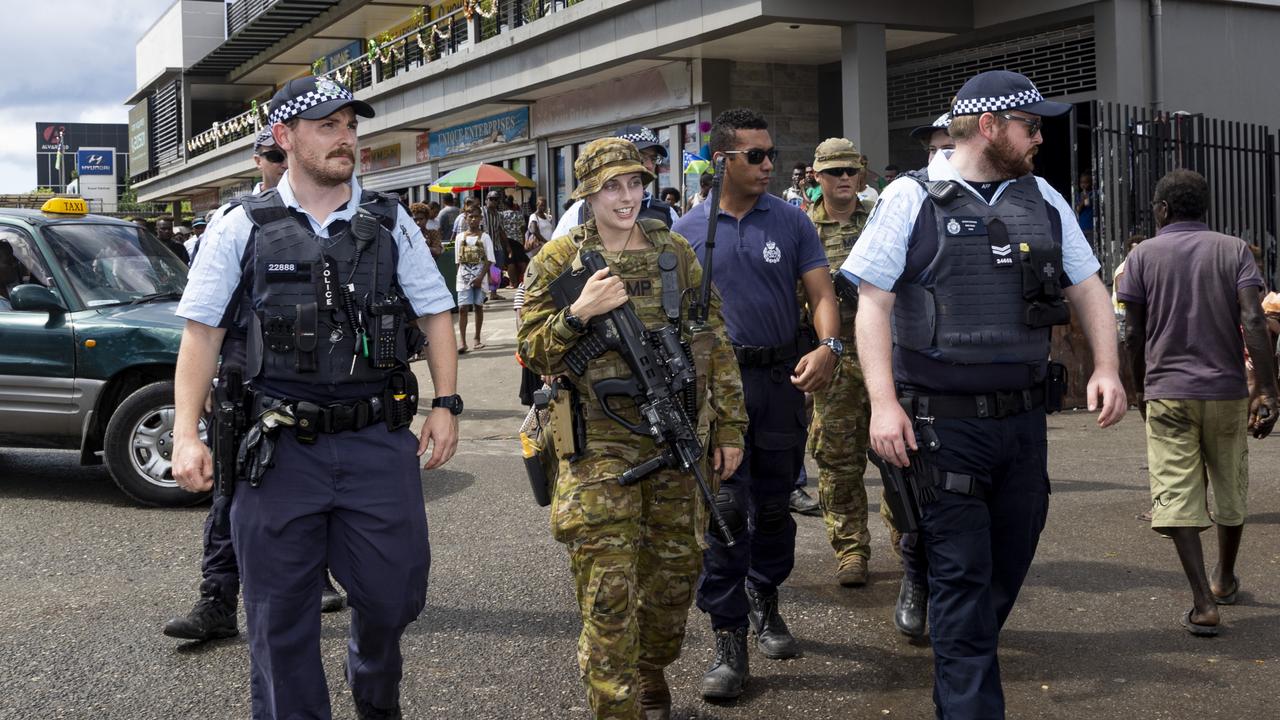
On the other hand, Mr Sora says that there is greater Chinese presence in the Solomon Islands.
“China represents their biggest economic partner, their main economic relationship, and that’s almost exclusively through resources, logging, and mining. But there’s also a Chinese business presence that’s visible, mostly in Honiara, in the retail sector, infrastructure, and hospitality.”
How does this affect Australia?
This agreement could pave the way for China to pose a greater military threat to Australia, said Peter Jennings, the Australian Strategic Policy Institute‘s executive director.
“Now we must plan on a threat from the east that can watch and potentially target our military bases,” he wrote in The Strategist.
“Probably before our 21 May federal election is over, PLA (the Chinese People’s Liberation Army) cargo aircraft and ships will arrive in Honiara with material to provide the ‘logistical replenishment’, ‘stopover and transition in Solomon Islands’ and to carry out the ‘major projects’ described in the leaked draft agreement.”
Mr Jennings called on Defence Minister Peter Dutton to visit the Solomon Islands to show Australian commitment.
Julie Bishop, former Foreign Affairs Minister under prime ministers Tony Abbott and Malcolm Turnbull, said on the ABC’s 7.30 that Minister Payne should visit the Solomon Islands as quickly as possible.
“Our foreign Minister should be on the next plane to the Solomon Islands to talk with the government to see what’s actually been agreed,” she said.
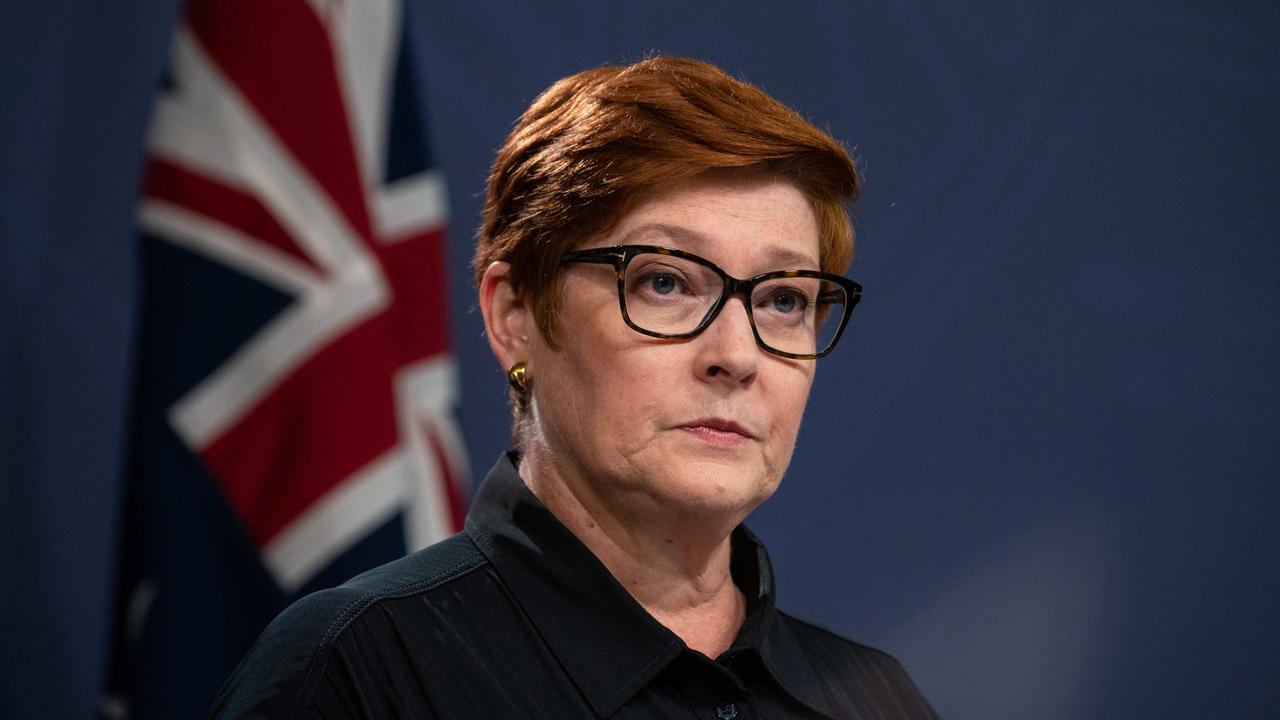
It shows how serious the threat is that these prominent voices in Australian foreign policy have called on two of the government’s most senior ministers to visit Honiara personally.
Mr Sora said that there is “a very real concern that China can direct its military or strategic assets that are established in the Solomon Islands against Australia to deny access or passage to the world, effectively cutting off Australia and the rest of the world.”
He also said it would increase Chinese surveillance capabilities in Australia.
“China can use that foothold to conduct monitoring and surveillance of Australia’s east coast which would have an immediate effect on day to day defence operations and will take a lot of resources to manage and respond to.”
Originally published as Explainer: What’s the China-Solomon Islands pact and why does it matter?




